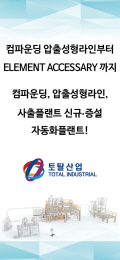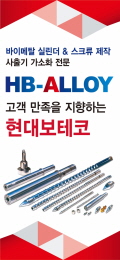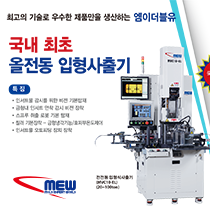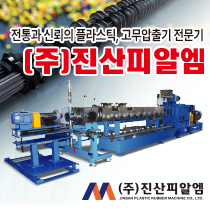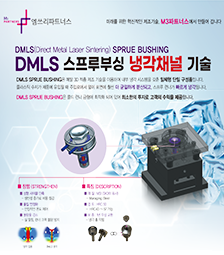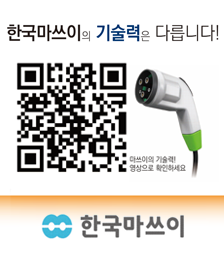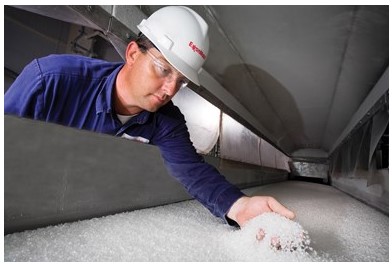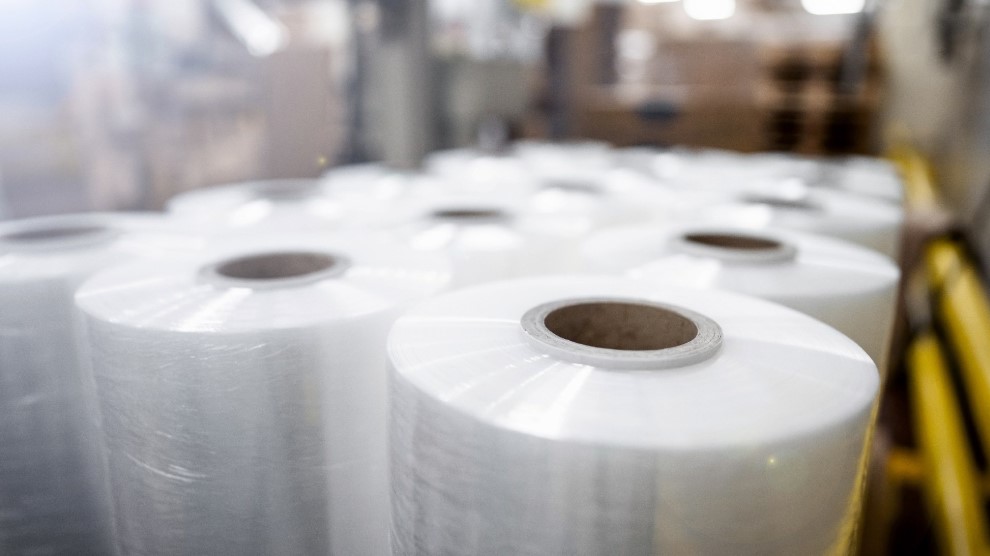The key problem, according to a new survey: Auto makers are pressing their usual desire to whittle new-vehicle parts costs, while suppliers of advanced electronics are not eager to oblige.
That spells potential trouble ahead, said Dave Andrea, principal of Plante Moran, the consulting firm that produced the 2019 North American Automotive OEM-Supplier Working Relations Index Study. The industry is speeding into a future in which new and more advanced electronics — sometimes supplied by companies new to the auto world — will hold powerful sway.
Andrea warned that the arrival of advanced electrical systems will require buyers who are more familiar with emerging technologies, specific products and the suppliers themselves.
"If they don't start changing, there will be a rocky road," Andrea said of auto maker purchasing departments as vehicles electrify and become more connected. "But if the purchasing groups open up their relationships in how they work with suppliers in starting these new vehicle architectures, that will be helpful in building a trust factor.
"The question for us as we looked through the data," he said, "is whether the vehicle manufacturer purchasing departments are positioned to take on and deliver the supply base the industry's going to need as it transitions to electrified and autonomous vehicles."
The annual survey looks at the supplier relations of Fiat Chrysler Automobiles NV, Ford Motor Co., General Motors Co., Honda Motor Corp., Nissan Motor Co. Ltd. and Toyota Motor Corp. Most auto maker-supplier ties improved slightly in this year's report, Andrea said.

